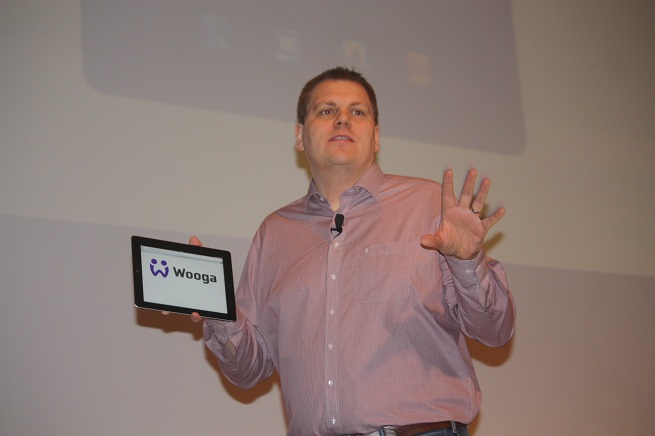 The touch screen is going to create a bigger revolution in games than the computer mouse did — so says Jens Begemann, the chief executive of Berlin-based casual game maker Wooga.
The touch screen is going to create a bigger revolution in games than the computer mouse did — so says Jens Begemann, the chief executive of Berlin-based casual game maker Wooga.
That’s saying a lot since the mouse drove PC gaming for decades. Begemann made the assertion today in a speech at the opening of Casual Connect Europe, a casual game conference in Hamburg, Germany. Of course, since his company makes touch-screen games such as Diamond Dash, he is a little biased in their favor. Begemann said, “It’s ridiculous to try to add game controllers to a tablet, to make it more like an Xbox.”

Unlock premium content and VIP community perks with GB M A X!
Join now to enjoy our free and premium membership perks.
![]()

![]()